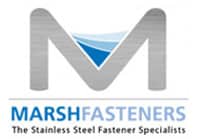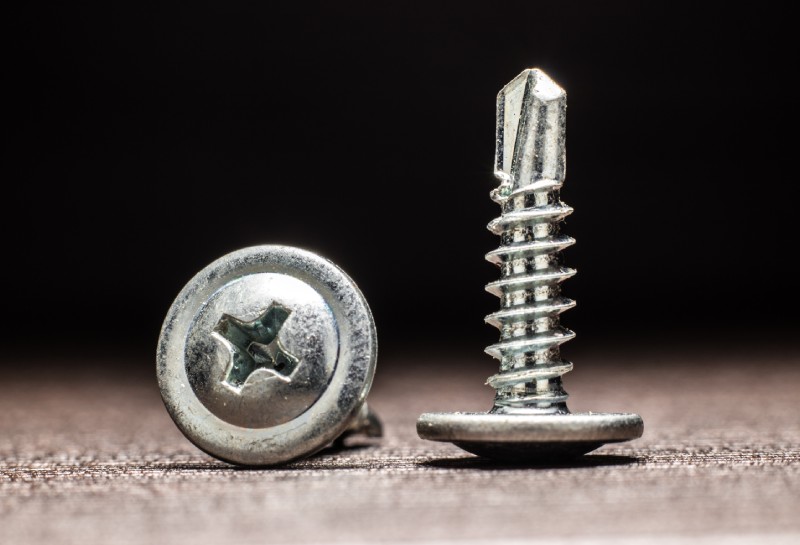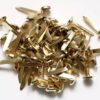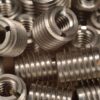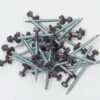Self-drilling screws and self-tapping screws are similar in many ways. This is why there is often confusion about which is which. However, there are important differences between self-drilling and self-tapping screws that make either one more suitable than the other for different applications.
Before we look at the differences between self-drilling and self-tapping screws, it helps to review what they are and why they are used instead of normal screws.
Self-Tapping And Self-Drilling Screws Vs Normal Screws
Self-tapping and self-drilling screws do away with the need for pre-drilled holes and power tools for the screws to be installed securely.
Self-tapping screws and self-drilling screws are both designed to create their own threads for ultra-secure joins. Both types of screws are thus ideal for creating permanent joins that are more exact, durable, and better able to withstand heavy loads and stresses than normal screws can, thanks to the snug fit the screws create.
Both self-tapping screws and self-drilling screws are available in a range of sizes to suit different applications. Stainless steel self-tapping and self-drilling screws also come in different grades, with varying levels of corrosion resistance for applications in different environments.
Differences Between Self-Tapping And Self-Drilling Screws
Self-drilling screws can be used to join different various materials with metal, e.g. wood with metal, or metal with plastic. This makes them a highly versatile option for many applications in construction, woodwork, and DIY.
However, self-tapping screws generally cannot be used with metal without pre-drilling a hole, as most metals are generally too hard for self-tapping screws to thread into without a pre-drilled hole. (An exception is aluminum – but stainless steel self-tapping screws should not be used with aluminum in any case.)
The main difference is the need for the pre-drilled pilot hole. Self-drilling screws never need pre-drilled holes, but self-tapping screws may do if they are being used to join metals with other materials.
If knowing the differences between self-tapping and self-drilling screws does not make it clear which ones you need, consider what each type of screw is usually used for. It may be an easier way to decide on whether you need self-tapping or self-drilling screw fasteners.
Applications For Self-Tapping Screws
Self-tapping screws are ideal for secure, high-load-bearing fastening of materials that are relatively soft or brittle, such as plastic, wood, or drywall. These are materials that can be damaged or cracked by drilling. These materials are also soft enough for the self-tapping screw to thread its way into securely without stripping or damaging the materials.
Self-tapping screws are commonly used for:
- Woodwork and furniture assemblage
- Fixing plastic or composite electrical boxes to brick or drywalls
- Putting up fixtures in drywalls
- Joining plastics
- Joining lightweight composites
They can be used for softer metals, but in that case they do need a pilot hole - with a diameter slightly less than that of the screw's thread.
Applications For Self-Drilling Screws
Self-drilling screws are primarily used for fastening materials that are hard and difficult to drill correctly sized pilot holes into for secure fastening - such as hard metals and composites.
Self-drilling screws feature a pointed tip like a drill bit and a fluted shank that allows them to create their own hole as they are driven into the material.
Self-drilling screws are used for:
- Joining metals and hard composites
- Joining metals to wood and other materials
- Permanent joins where pre-drilled holes or pilot holes cannot be created safely or without damaging the installation.
- ‘Permanent’ Joins where other string fasteners such as bolts or rivets cannot be installed due to lack of access, or
- Semi-permanent joins with the same strength as permanent joins but that might need to be removed at some point.
Contact Marsh Fasteners today for more information on stainless steel self-tapping and self-drilling screws and which ones would be best for your DIY project, renovation, construction, or other installation.
